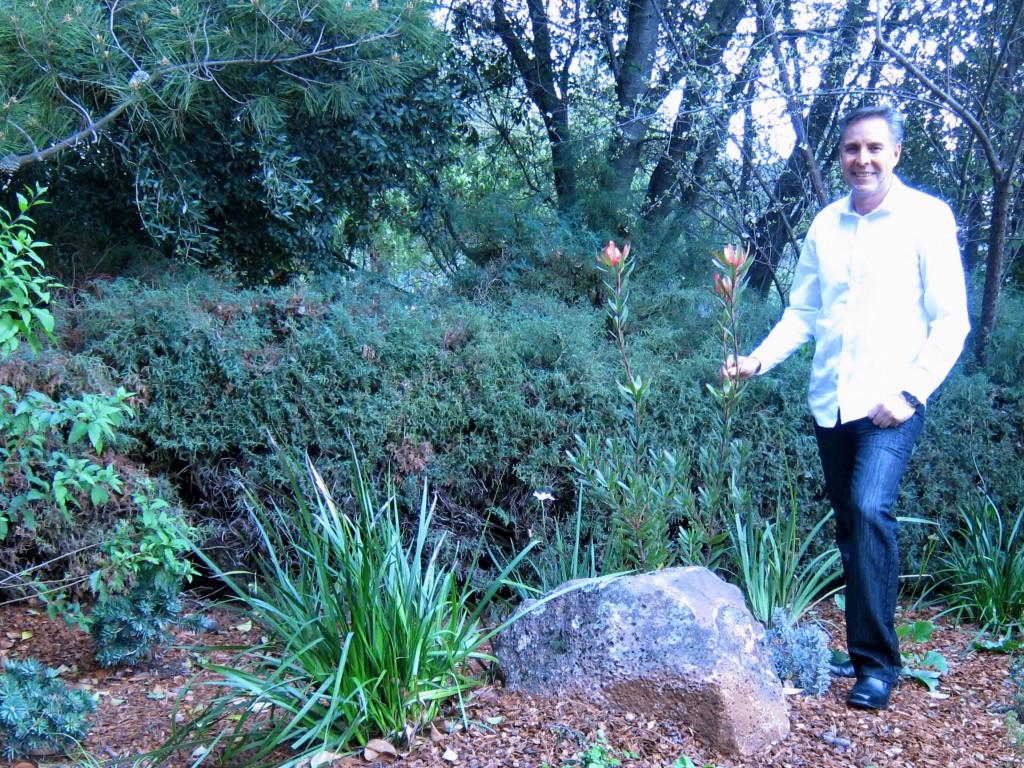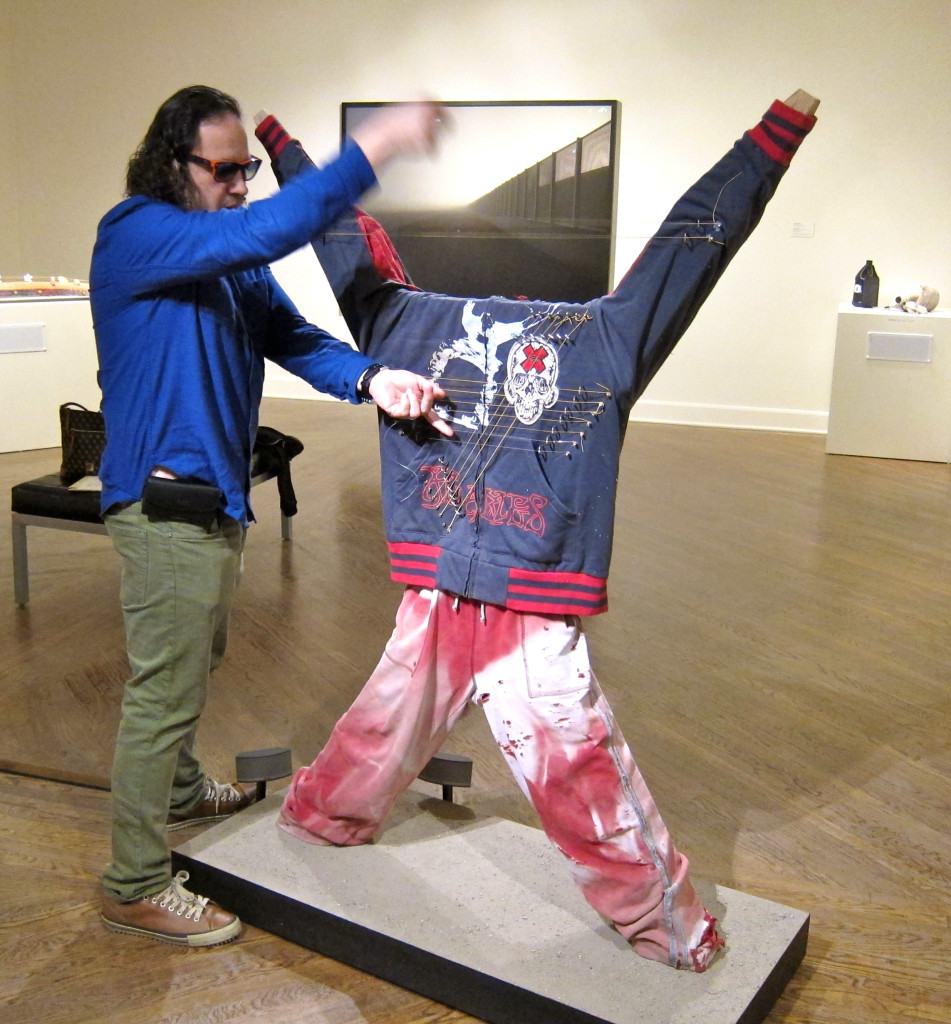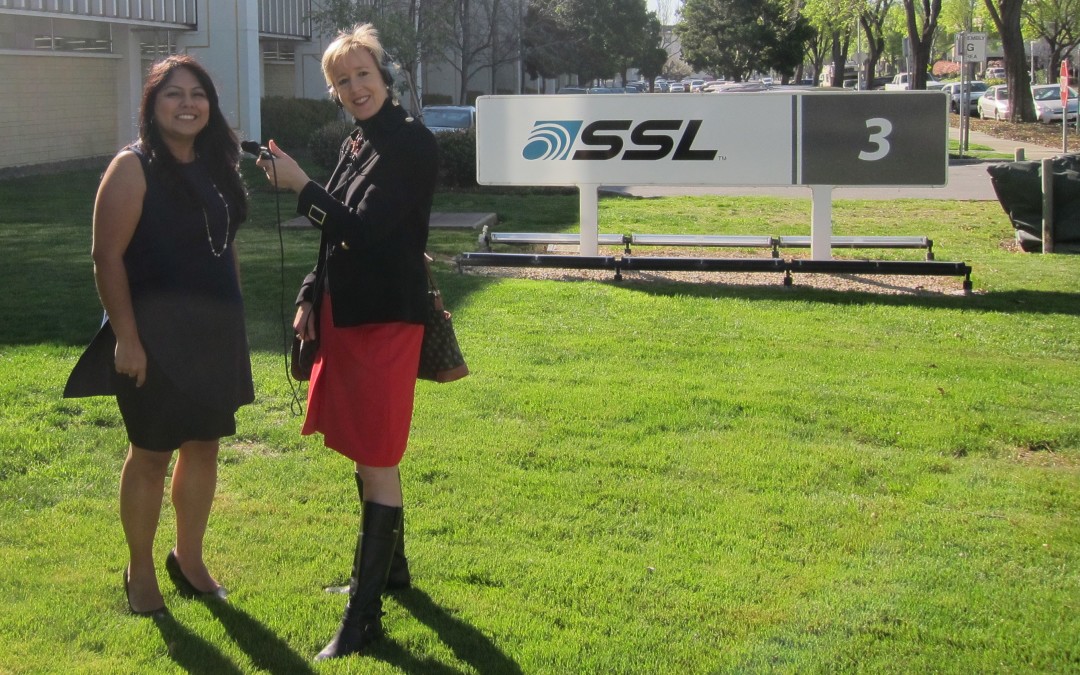By Alison van Diggelen, host of Fresh Dialogues
As any loyal Fresh Dialogues follower knows, we seldom cover politics, but given Donald Trump’s seemingly unstoppable rise in popularity, he can no longer be ignored. Trump’s racist rhetoric against Mexican immigrants compelled me to explore the reaction of the Mexican American community here in Silicon Valley. One of the leading Mexican Americans in tech, Diana Alberran Chicas, put aside her frustration and issued this invitation to Donald Trump:
“Come out to Silicon Valley and meet with a lot of these prominent Mexican Americans that are actually pushing for innovation in Silicon Valley,” Diana Alberran Chicas
My report aired March 1st on the BBC World Service. Here’s an edited transcript of the Business Matters program. Listen to the podcast at the BBC here (starts @27:30) or hear the report and highlights below:
BBC Host Jon Bithrey: One of the most important dates in the race to become the U.S. President is upon us. On Tuesday, Americans in a dozen states go to the polls…Now Alison, you’re in California. Talk to us about how Donald Trump is viewed there.
Alison van Diggelen: He’s burned some bridges, let’s say. Immigration has become a scalding hot issue in the United States and in California. Mexican immigrants are getting the brunt of the vitriol, despite that fact that there’s been a net migration of Mexicans out of the US since 2009. My report begins with Donald Trump speaking at a rally last year.
Donald Trump: “When Mexico sends its people…they’re not sending their best… they’re bringing drugs, they’re bringing crime…they’re rapists and some I assume are good people…”
Let’s meet some Mexican immigrants in Silicon Valley.
 Victor Arellano is in the gardening business. But not what you might think. He runs a thriving landscape gardening business that employs about 20 people and he’s building his dream house on 7 acres in Silicon Valley. Arellano would like to see Trump apologize…
Victor Arellano is in the gardening business. But not what you might think. He runs a thriving landscape gardening business that employs about 20 people and he’s building his dream house on 7 acres in Silicon Valley. Arellano would like to see Trump apologize…
Victor: …to all the Mexicans he has offended…98% of the Mexicans that come over here…they only want to work and try to make a living. Sometimes it really makes you upset.
They come and they do the most hardest work.
I put ads in the paper…it’s just Mexicans who apply for the job. I’ve never had an American who says: hey, I wanna start working as a laborer.
Arellano was a math teacher in Guadalajara and now serves a demanding clientele, many of whom work for Silicon Valley tech companies.
Victor: There’s two kinds of Americans – the ones that see that this country was formed by immigrants and then everybody is doing their best to make the country better.
And there is people, they don’t want to work, and they blame that they are not having the best car or the best house to the immigrants. Most of the jobs that the immigrants do are jobs that Americans don’t wanna do.
Diana Albarran Chicas (top photo) is a director of in-orbit satellite testing at a major satellite manufacturer in Silicon Valley. Her MIT degree helps with that.
Diana: I’m very proud to say I’m Mexican American and both cultures have had a big impact on who I am and that I represent both countries very proudly.
How does Albarran Chicas respond to Trump’s anti-Mexican insults?
Diana: My invitation would be to come out to Silicon Valley and meet with a lot of these prominent Mexican Americans that are actually pushing for innovation in Silicon Valley…changing the ways companies here are functioning and working…He needs to be surrounded by people that are making a difference, that are influential.
 Meet Guillermo Galindo, a composer and artist from Mexico City who moved here in 1992. This month, his exhibition “Border Cantos” (a collaboration with photographer Richard Misrach) begins a national tour at the San Jose Museum of Art, in the heart of Silicon Valley. It documents the human tragedy of the US-Mexico border.
Meet Guillermo Galindo, a composer and artist from Mexico City who moved here in 1992. This month, his exhibition “Border Cantos” (a collaboration with photographer Richard Misrach) begins a national tour at the San Jose Museum of Art, in the heart of Silicon Valley. It documents the human tragedy of the US-Mexico border.
[Atmos: Sounds of percussion, strings, Guillermo composition]
Alison: Is there something you’d like visitors to your exhibition to go home with…a thought, a feeling?
Guillermo: I’d like them to resonate with it…take that home and that is a seed that is going to grow with them…that improves the conditions of people crossing the border and the treatment that immigrants have in the US and all over the world.
It’s totally a global message. It extends in the macro and in the micro, no? There are borders between us as people and there are borders that extend through nations.
Alison: What would you like to happen to those borders between people and countries?
Guillermo: I would like to build bridges instead of borders.
[Atmos: Guillermo music]
END
Find out more
The New Yorker: Is the Mexican Government Finally Fighting Back Against Donald Trump?
John Oliver responds to Donald Trump: “You are either a racist of you are pretending to be”




